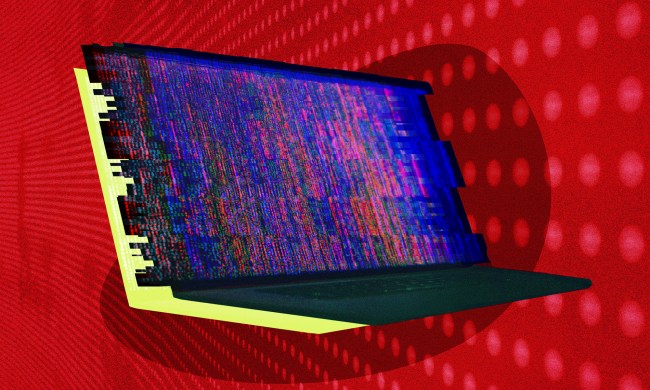At the end of last week, the Internet Committee for Assigned Names and Numbers (ICANN) was in the news when it gave the green light to generic domain names, calling it a “milestone” in Internet development.
Now ICANN is back in the news, for slightly more embarrassing reason, according to Vnunet. Along with the Internet Assigned Numbers Authority (IANA) it’s had its website hacked by a Turkish group, NetDevilz, who describe themselves as a “lovable Turkish hackers group.”
Anyone visiting the official sites were redirected to another site, where they were greeted with the message:
"You think that you control the domains but you don’t! Everybody knows wrong. We control the domains including ICANN! Don’t you believe us?"
Considering the status of the two bodies, this isn’t great news about their security. Last year Netdevilz hacked porn site Redtube.



